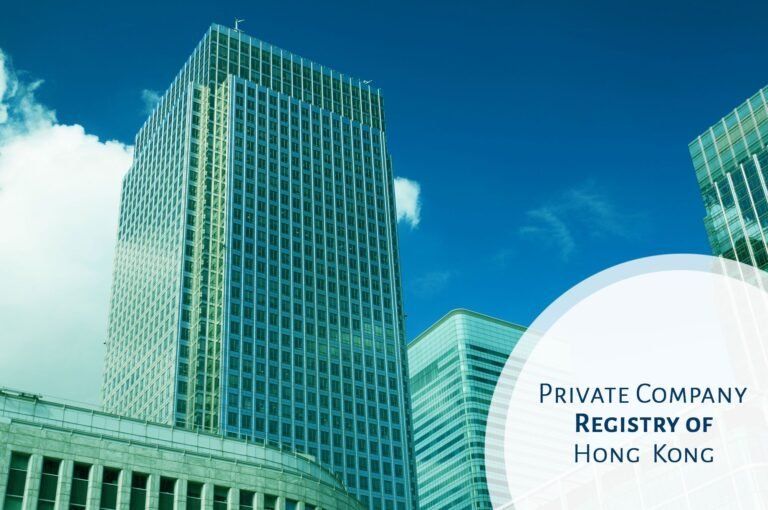The governance landscape for Hong Kong companies has transformed dramatically in recent years, with virtual board meetings evolving from emergency measures during the pandemic to established practice for many organizations. This shift presents both opportunities and compliance considerations for Hong Kong companies seeking to maximize board effectiveness while maintaining strict adherence to legal requirements and governance standards.
Hong Kong’s legal framework generally supports virtual board meetings, provided they align with the company’s articles of association. The Companies Ordinance does not explicitly address meeting format, focusing instead on procedural requirements and documentation standards that apply regardless of whether directors gather physically or virtually. However, individual companies’ articles may contain specific provisions regarding meeting locations or participation methods that require review before implementing virtual approaches.
For listed companies, additional considerations arise under the HKEX Listing Rules and Corporate Governance Code. While these frameworks increasingly accommodate technological innovation, they maintain rigorous standards for board effectiveness, information security, and transparency that virtual meeting implementations must satisfy. Particular attention must be given to ensuring that virtual formats do not compromise the board’s ability to exercise independent judgment, engage in robust discussion, or maintain appropriate confidentiality.
The pandemic catalyzed rapid adoption of virtual board practices across Hong Kong. Companies implemented emergency measures to maintain governance continuity during movement restrictions, discovering significant benefits that extended beyond immediate needs. These advantages include enhanced attendance from international directors, reduced travel costs and carbon footprints, more frequent but focused meetings, and improved documentation through integrated digital tools.
Modern digital board platforms deliver comprehensive solutions specifically designed for Hong Kong’s governance requirements. These specialized systems typically combine secure document distribution, structured meeting management, electronic voting mechanisms, integrated minute-taking tools, and searchable archives of past board materials—all protected by enterprise-grade security measures appropriate for highly sensitive board information.
Meeting preparation receives particular enhancement through digital transformation. Advanced platforms implement structured workflows for agenda development, paper submission, review and approval processes, and final distribution. These systems ensure that directors receive comprehensive, properly approved information packages with sufficient time for review—a governance expectation emphasized in Hong Kong’s Corporate Governance Code.
During virtual meetings, specialized platforms provide tools designed specifically for governance processes. These typically include secure videoconferencing with appropriate authentication, electronic voting for formal resolutions, annotation capabilities for collaborative document review, and structured Q&A management. The most sophisticated solutions implement specific features for handling sensitive matters like related party transactions or conflicts of interest that receive particular regulatory attention in Hong Kong.
Meeting documentation represents a critical compliance area where digital tools deliver significant advantages. Hong Kong law requires detailed minutes documenting board deliberations and decisions. Digital platforms typically include integrated minute-taking tools that capture key discussions, record voting results, document director questions and management responses, and maintain clear evidence of proper governance processes that may prove essential during regulatory reviews or litigation.
Information security demands particular attention when implementing virtual board solutions in Hong Kong. Board materials frequently contain market-sensitive information, personal data protected under Hong Kong’s Privacy Ordinance, and commercially sensitive strategies. Enterprise-grade security measures—including end-to-end encryption, multi-factor authentication, data loss prevention controls, and comprehensive access logging—are essential components of compliant virtual board implementations.
Written resolution processes, common in Hong Kong corporate practice, benefit significantly from digital transformation. Electronic signature capabilities compliant with Hong Kong’s Electronic Transactions Ordinance enable efficient execution of written resolutions, while workflow tools ensure proper sequencing of signatures, appropriate record-keeping, and complete audit trails documenting approval processes.
Committee management represents another area where digital tools enhance governance effectiveness. Hong Kong’s Corporate Governance Code emphasizes the importance of board committees (particularly Audit, Remuneration, and Nomination committees) in listed company governance. Digital platforms can implement separate yet integrated workspaces for each committee, ensuring appropriate information separation while maintaining governance continuity across the board structure.
Director communication between meetings has traditionally represented a governance risk, with informal exchanges potentially bypassing proper documentation and disclosure requirements. Secure messaging features within governance platforms address this challenge by providing appropriate channels for between-meeting discussion while maintaining necessary records and ensuring sensitive information remains within secured environments.
For multinational corporations operating in Hong Kong, virtual board capabilities offer particular value in navigating cross-border governance complexities. Digital platforms can implement dual-language capabilities, manage time zone challenges through asynchronous participation options, and accommodate different regulatory expectations when boards include directors subject to multiple governance regimes.
As virtual board practices become standard for Hong Kong companies, governance professionals should focus on maximizing effectiveness rather than merely achieving technical compliance. This includes developing clear protocols for virtual participation, establishing appropriate etiquette for digital engagement, implementing structured approaches for facilitating remote discussions, and regularly evaluating the effectiveness of virtual governance processes through formal board assessments.




